European Alder Lumber
- August 8, 2023
- 0 comment
European Alder (Alnus glutinosa) is a versatile hardwood species highly favored for its abundance and utility in the world of woodworking. Thriving in its native European habitat, this deciduous tree can be found across the continent, flourishing in moist, lowland regions adjacent to rivers, streams, and wetlands. With its exceptional qualities, European Alder has become a go-to option for lumber, offering a plethora of applications in woodworking endeavors.
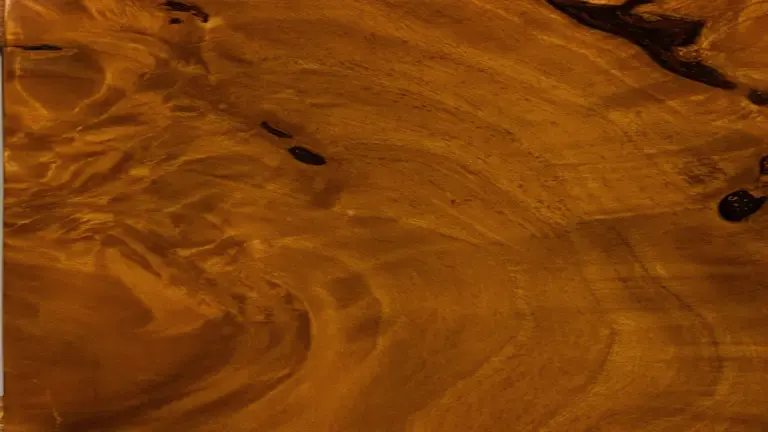
One of its most notable attributes lies in its uniform texture, allowing craftsmen to achieve smooth and precise finishes with ease. The wood’s excellent workability further enhances its appeal, as it can be effortlessly machined, planed, and sanded to perfection. Its adaptability extends to both indoor and outdoor projects, making it an attractive choice for furniture, cabinetry, interior millwork, and even exterior applications, provided proper treatment and maintenance are applied.
Beyond its practicality, European Alder boasts a charming appearance, featuring a pale pink to reddish-brown hue with a subtle luster. Its grain pattern is mostly straight, accentuated by a fine and even texture, enhancing the overall aesthetics of finished products. While it is not as naturally rot-resistant as some tropical hardwoods, European Alder possesses moderate decay resistance, making it suitable for certain outdoor projects when adequately protected.
| Common Name(s) | European Alder |
|---|---|
| Scientific Name | Alnus glutinosa |
| Distribution | Native to Europe |
| Tree Size | Medium to large |
| Average Dried Weight | 28 lbs/ft3 (450 kg/m3) |
| Specific Gravity | 0.45 – 0.55 |
| Janka Hardness | 590 lbf (2,620 N) |
| Modulus of Rupture | 11,500 psi (79 MPa) |
| Elastic Modulus | 1.35 x 10^6 psi (9.31 GPa) |
| Crushing Strength | 6,180 psi (42.6 MPa) |
| Shrinkage | Radial: 4.8%, Tangential: 9.2%, Volumetric: 14.7% |
Characteristics
Color/Appearance
European Alder has a pale pink to reddish-brown color with a subtle luster. The heartwood and sapwood are not distinctly separated, resulting in a relatively uniform appearance.
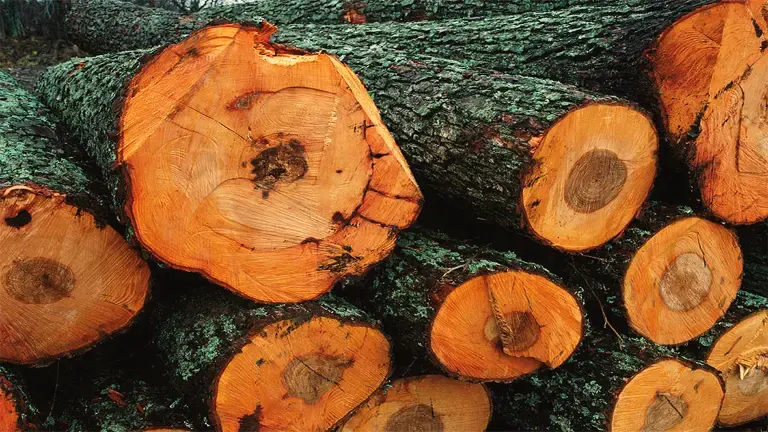
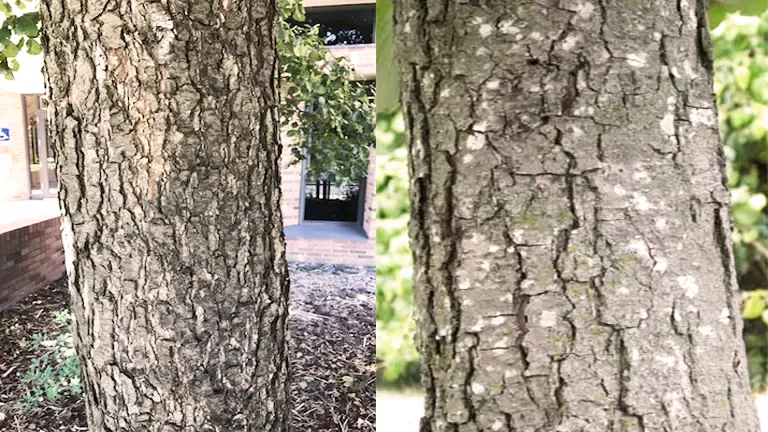
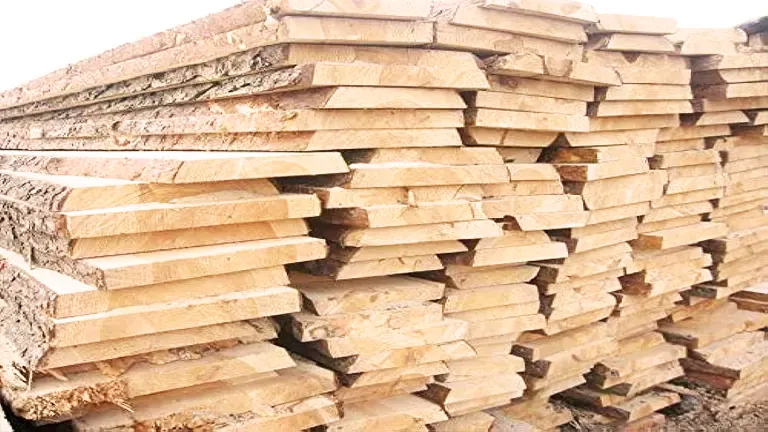
Grain/Texture
The wood typically has a straight grain pattern with a fine, even texture. This smooth texture makes it ideal for staining and finishing.
Rot Resistance
European Alder has moderate natural resistance to decay. While it is not as durable as some tropical hardwoods, it can still perform well in certain outdoor applications when properly treated and maintained.
Workability
One of the key advantages of European Alder is its excellent workability. It is easy to machine, plane, and sand, allowing for smooth and precise finishes. It also glues well and holds screws and nails firmly.
Odor
European Alder has a mild, pleasant scent when freshly cut, but this odor is not persistent once the wood is dry.
Allergies/Toxicity
European Alder is generally considered non-toxic and is not known to cause any significant allergic reactions.
Pricing/Availability
European Alder lumber is usually moderately priced and widely available in Europe and other regions where it is imported.
Sustainability
European Alder is considered a sustainable wood source because it grows relatively quickly and is often harvested from well-managed forests.
Common Uses
European Alder lumber is commonly used in various woodworking projects, including furniture, cabinetry, interior millwork, turning, and carving. Its stability and attractive appearance make it a popular choice for both structural and decorative applications.
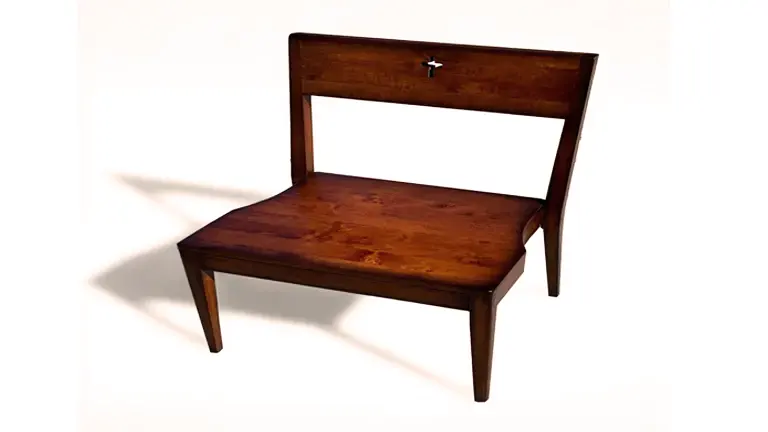
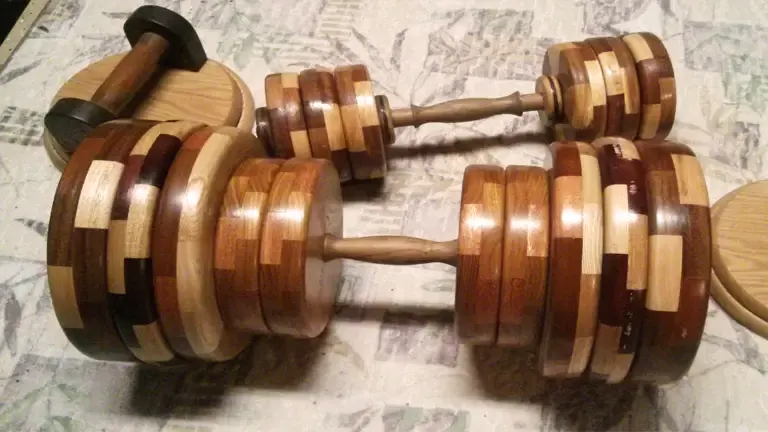
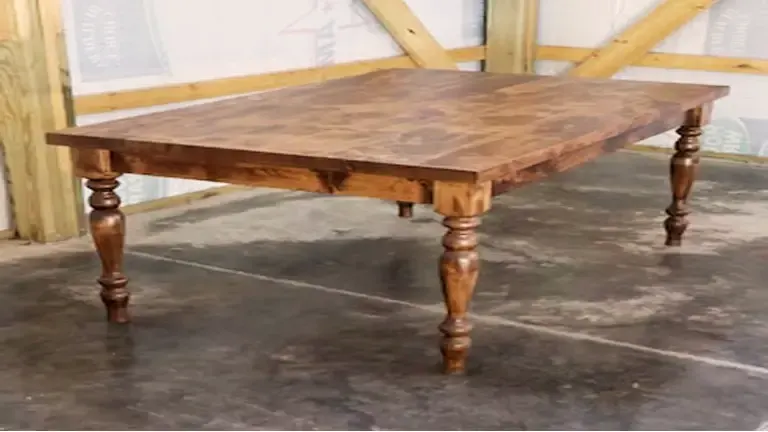
Frequently Asked Questions
- Is European Alder a hardwood or a softwood?
European Alder is a hardwood species. - Can European Alder be used for outdoor projects?
While it has moderate natural decay resistance, European Alder is best suited for indoor applications or outdoor projects with proper treatment and protection. - Does European Alder have any unique characteristics?
European Alder has the unique ability to darken in color when exposed to air and light, which adds character to the wood over time. - Can I stain European Alder to achieve a darker color?
Yes, European Alder can take stains and finishes well, allowing you to achieve a darker color if desired. - Is European Alder suitable for carving and turning?
Yes, the fine and even texture of European Alder makes it ideal for carving and turning projects.
We’d love to hear from you! Share your personal experiences and thoughts about European Alder Lumber in the comments section below. Your insights could be a valuable resource for fellow enthusiasts making informed decisions!






Leave your comment